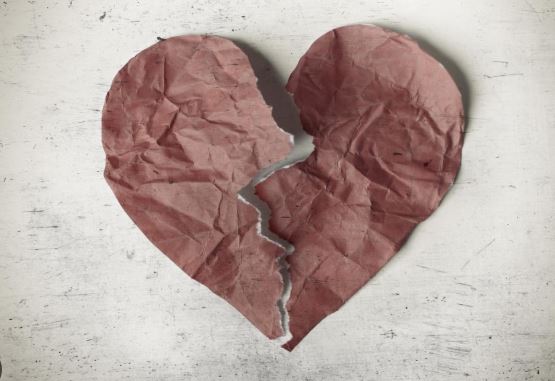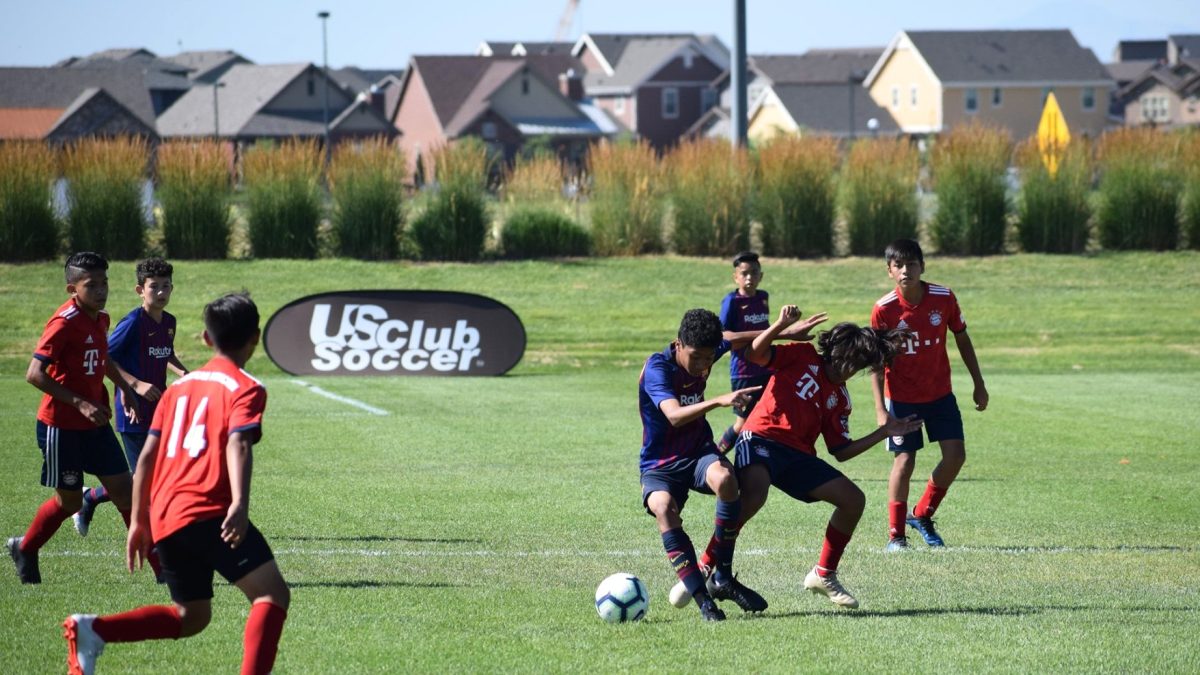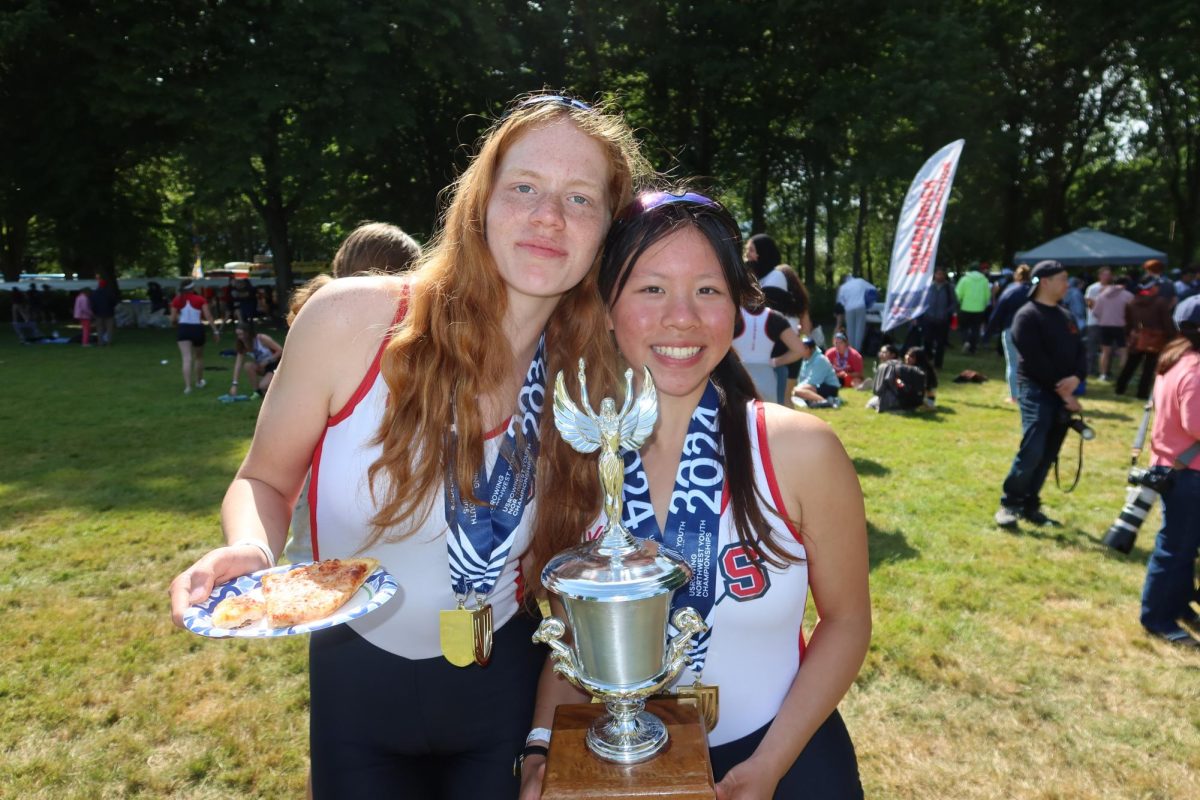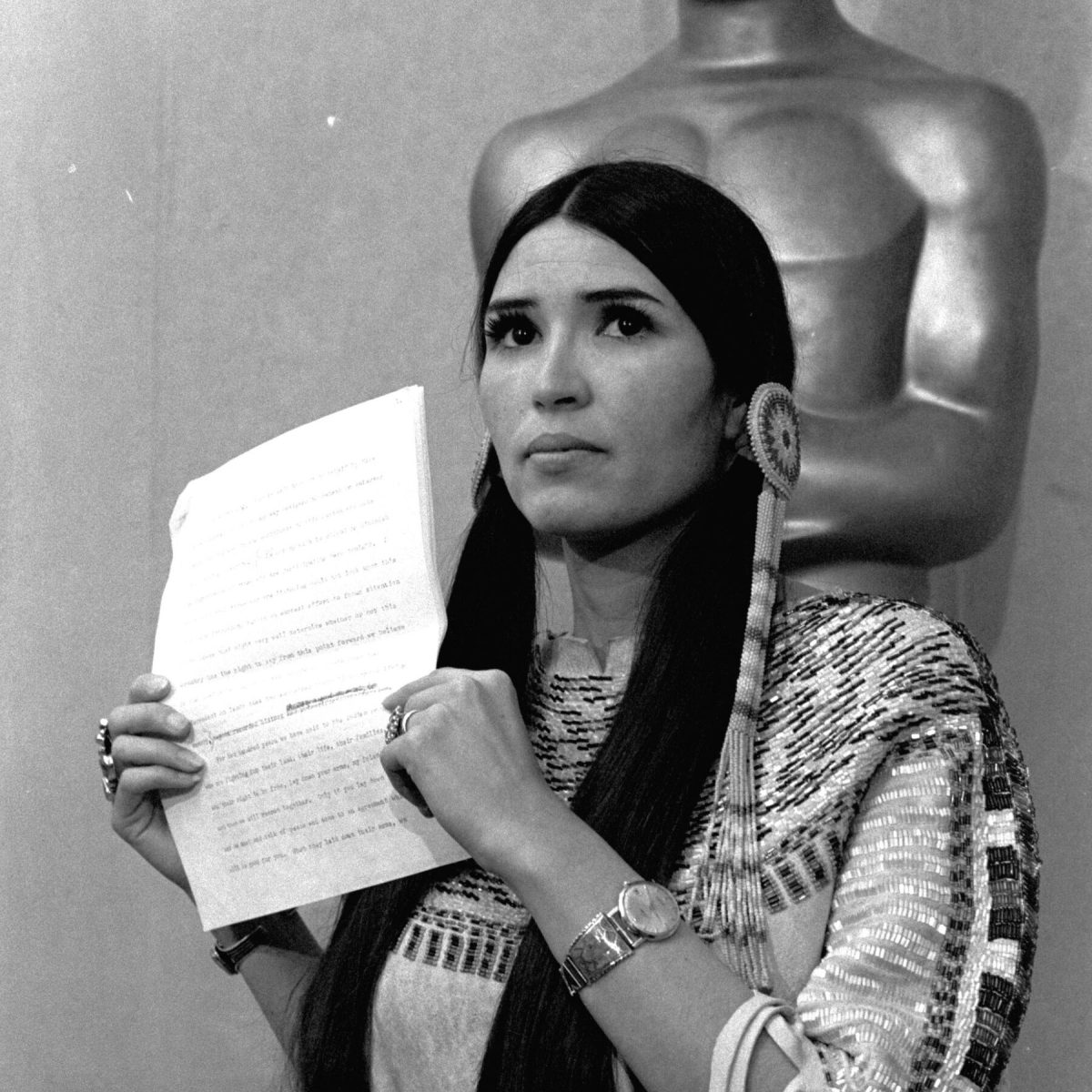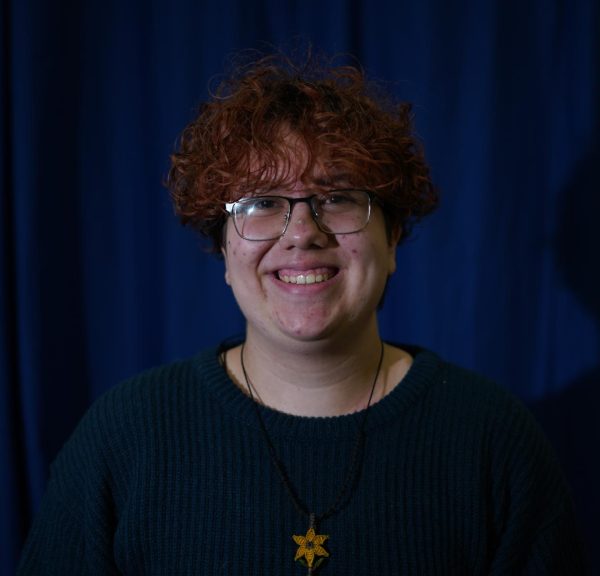Valentine’s day is a celebration of love, all of Skyline was decorated in hearts and there were heart glasses and beaded necklaces being passed out. What most Skyline students may not consider, is how this celebration is presented and how it makes queer students feel excluded.
More than two in three (67%) of under 18-year-old queer people felt lonely “very often” or “everyday” during lockdown (severe loneliness in general during COVID was 21% as compared to 6% before COVID)
Mx. Bennett is a Skyline chemistry teacher who is openly bisexual and genderqueer to the entire Issaquah school district and shared their story.
“I think that it was the social pressure to um, to be heteronormative, especially in middle and high school, um, provided the opportunity for my true and authentic self to be hidden even from me.” Mx. Bennett said. “The librarians knew my parents, so I couldn’t go to the library to learn that stuff, my parents checked my search history, because it was dial up they could just shut it off, so I couldn’t really look into those things without being outed. So, I didn’t even ask the question.”
Not having a space to be yourself and ask questions is detrimental. The Trevor project did a national survey that found %48 of queer youth who sought mental health care in 2021 were not able to get it.
“It took away decades of experiences that I have had to grieve and come to peace with not having.” Mx. Bennett says.
Valentines may increase these feelings of confusion and isolation. Events like Tolo, with the concept of ‘girls ask guys’ can make queer students feel excluded.
“There’s still a lot of, I don’t know if hate is the right word but thinking of us as other.” Mr. Gillespie says.
Skyline’s ASB has tried to lessen this perception of Tolo by not advertising it in this way. Whereas Issaquah advertises very much as ‘girls ask guys’. Skyline is doing Tolo at Gameworks with an undisclosed theme to bring in more of a group element.
“A vast majority of our educators here are supportive but we are still in a broken system” Mx. Bennett says. “So, I would say good not perfect. There’s always room for growth. I think in my experiences in working for the GSA, a lot of the experiences my students have, are in hallway type interactions” Mx. Bennett says.
One in three (33%) of LGBTQ+ youth enrolled in middle or high school reported being bullied in person within the last year.
“I think the biggest thing that we can do [to increase empathy] is to provide the story like, how do you have empathy or relate to a person who you don’t know their experience?” Mx. Bennett says.
But being open like this is hard. Putting yourself and your orientation or gender differences out there is incredibly vulnerable. And what do we expect out of our classrooms? These spaces tell us how to interpret the world around us and how to interpret history.
“So, […] if it can be a norm, in our classes that we’re talking about historical figures that happened to be part of the community, current figures who happen to be a part of the community, that goes a long way towards building empathy and recognition for people who haven’t had experience or positive exposure to our community,” Mx. Bennett says, “I think it’s also important, for educators to be pushing for that to be happening in their classrooms.”
Having proper representation, that doesn’t feel uncomfortable and awkward nor token and exaggerated, can immensely help create perspective in students. Representation in media is important too, but is very behind.
Being an open-minded person, and an openly safe space for your friends can help more than you may ever realize. Over half (%55) of young queer people worry about their mental health daily compared to a quarter (%26) of non queer people.
“If I could say anything to queer kids, I would say, we see you, we hear you, and we’re fighting for your right to be your authentic self, and I just want you to know that there are people who you might not even know that care about you and love you enough to fight every single day for you.” Mx. Bennett says.


